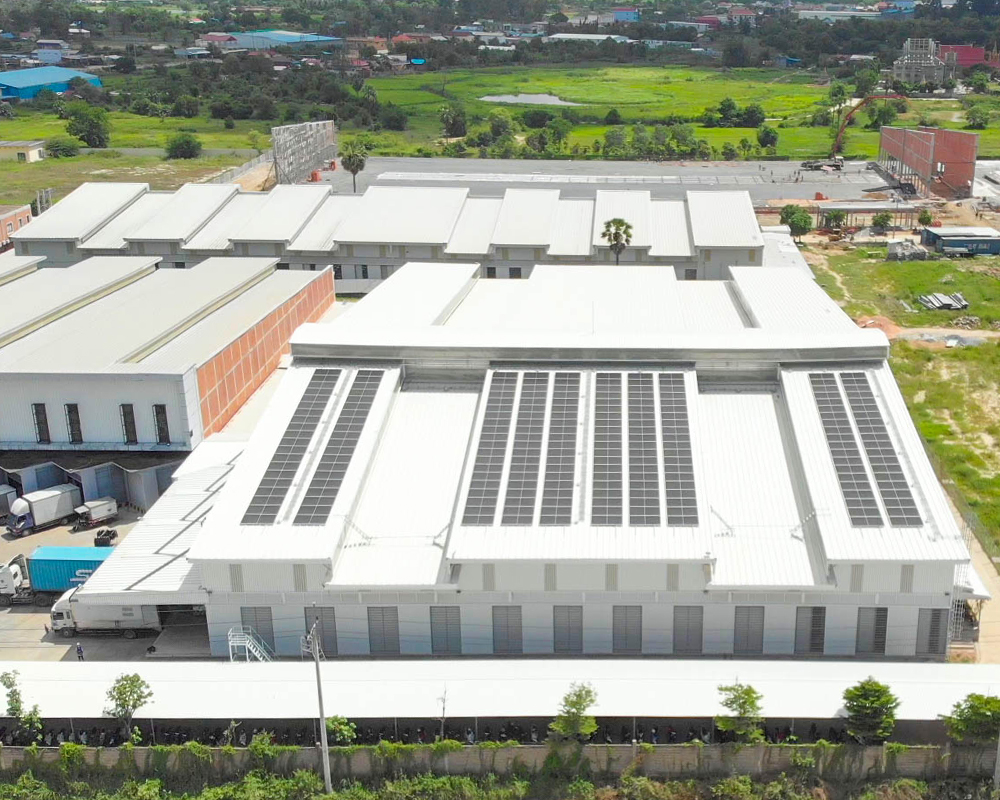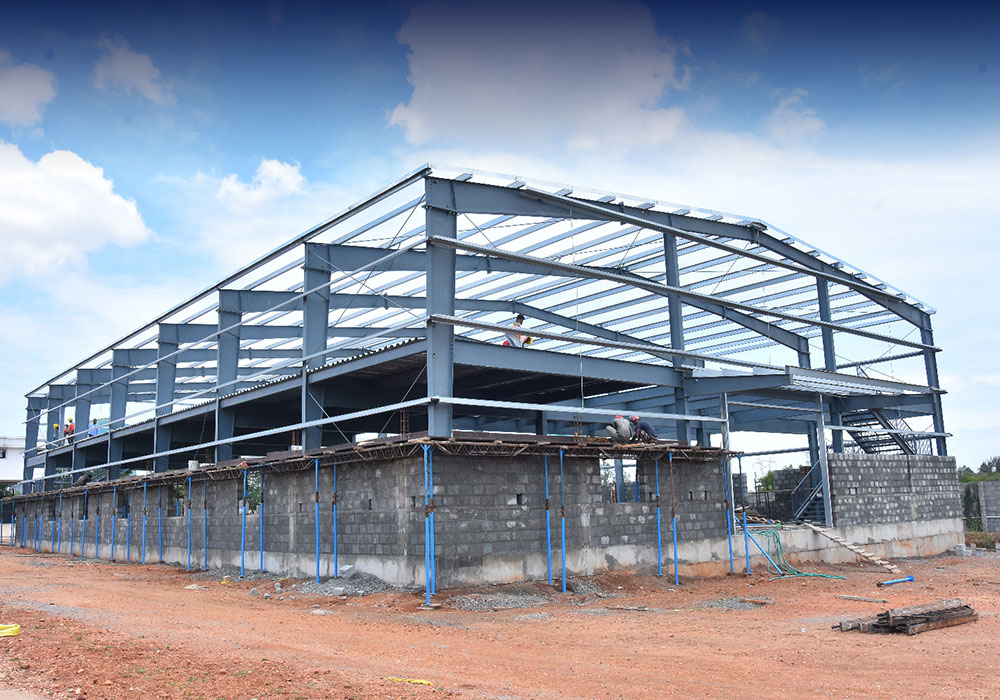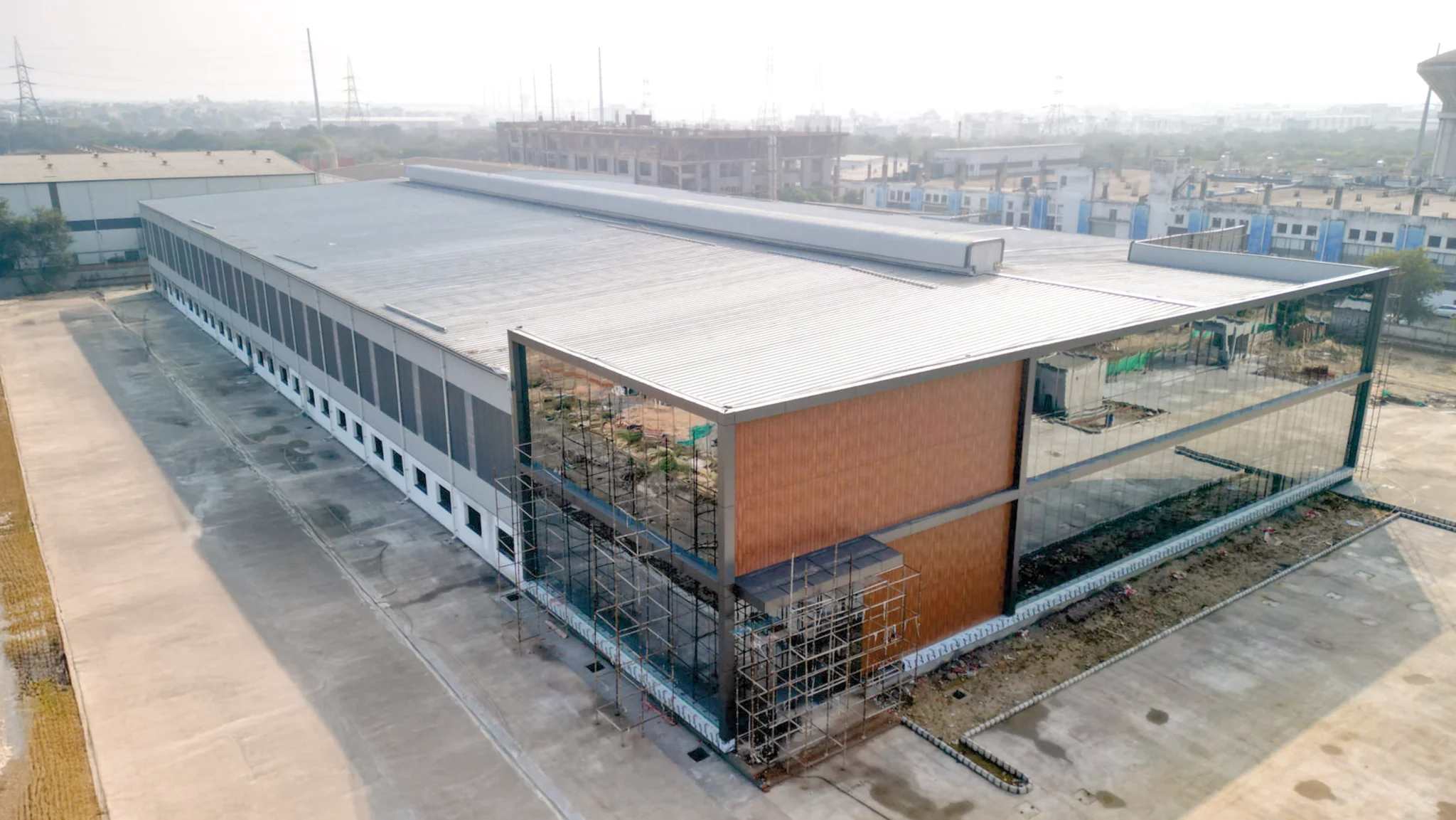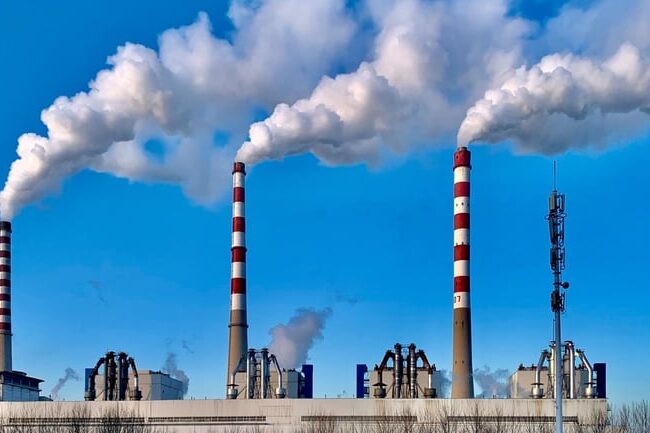
Lauren Alger: Engineer is Decarbonization Expert
[ad_1]

Lauren Alger
31, Director of Sustainable Design
STV
New York City
More than a year after serving as a virtual delegate for Architecture 2030 at the 2023 UN COP28 annual climate summit in Azerbaijan, Lauren Alger remains energized to tackle the industry’s biggest climate challenges and solutions amid the shifting political landscape.
“The current administration is prioritizing jobs and economic growth. so the really exciting component about the field of sustainable design is that you are researching and developing new materials to make sure that they will perform and you’re on the cusp of creating new jobs and training programs,” Alger says. “These are things that we need to do for durable, resilient infrastructure.”
Alger worked for several contractors before taking a new position in 2022 as sustainability manager at professional services firm STV. In her current role, she helps mitigate environmental impacts on projects and ensures their sustainable design.
She says regardless of political stripes, making systems function properly over their lifespan opens the door to creating centralized language everyone can use “to find these opportunities of more efficient system designs, fewer materials, finding ways to repurpose waste streams and ensuring that they meet performance and functionality” standards.
But while finding common linguistics is important, Alger says shaping sustainable design strategies at STV goes beyond buzzwords. Sustainability is a principle of efficiency, she says, building with fewer resources while designing projects to withstand the evolving challenges of climate change.
“Sustainable design is really about efficiency,” she says. “How do we do things better, more affordably, and more intelligently? How do we build in ways that are both innovative and practical?”
But as the Trump Administration reduces the federal role in these conversations—whch decreases the ability to measure impacts of climate change in the built environment—states, cities and towns are forced to implement regulations to drive specific climate requirements without a centralized body that “can collect information more widespread and be that network of connectivity in terms of communicating best practices and challenges, making sure things are facilitated.”
Alger, who chairs the American Society of Civil Engineers Infrastructure 2050 group and helped launch its decarbonizing infrastructure initiative, says the group can help develop networked communities to share information, understand gaps, identify best practices and drive data-informed results. It can make sure best practices such as flood mitigation in New York City that might be applicable to another city is communicated to all stakeholders, from research and goverenance institutions to designers, engineers, and contractors to material manufacturers. “All these stakeholders have to be involved with one another,” she says.
Alger says data-informed decision-making is crucial related to building codes that often lag behind real-time climate risks. She stresses the importance of continuously updating codes and standards to reflect climate projections, ensuring that “infrastructure remains resilient in the face of unpredictable environmental changes.”
Alger’s work also extends to material innovation, advocating for performance-based specifications that allow manufacturers to develop the most effective and sustainable materials, rather than adhering to rigid, outdated requirements. By collaborating with industry stakeholders, she is fostering an ecosystem for innovative solutions.
Following her father’s footsteps into civil engineering and observing his work on major lumpsum turnkey projects for Atkins, Alger was inspired by his work ethic, morals and dedication to the industry,
Having a “direct mentor was a “clear motivator for me,” she says. “Looking back, it’s cool to see how that has played such a major role in my career.”
[ad_2]
Source link
Post a Comment
You must be logged in to post a comment.






